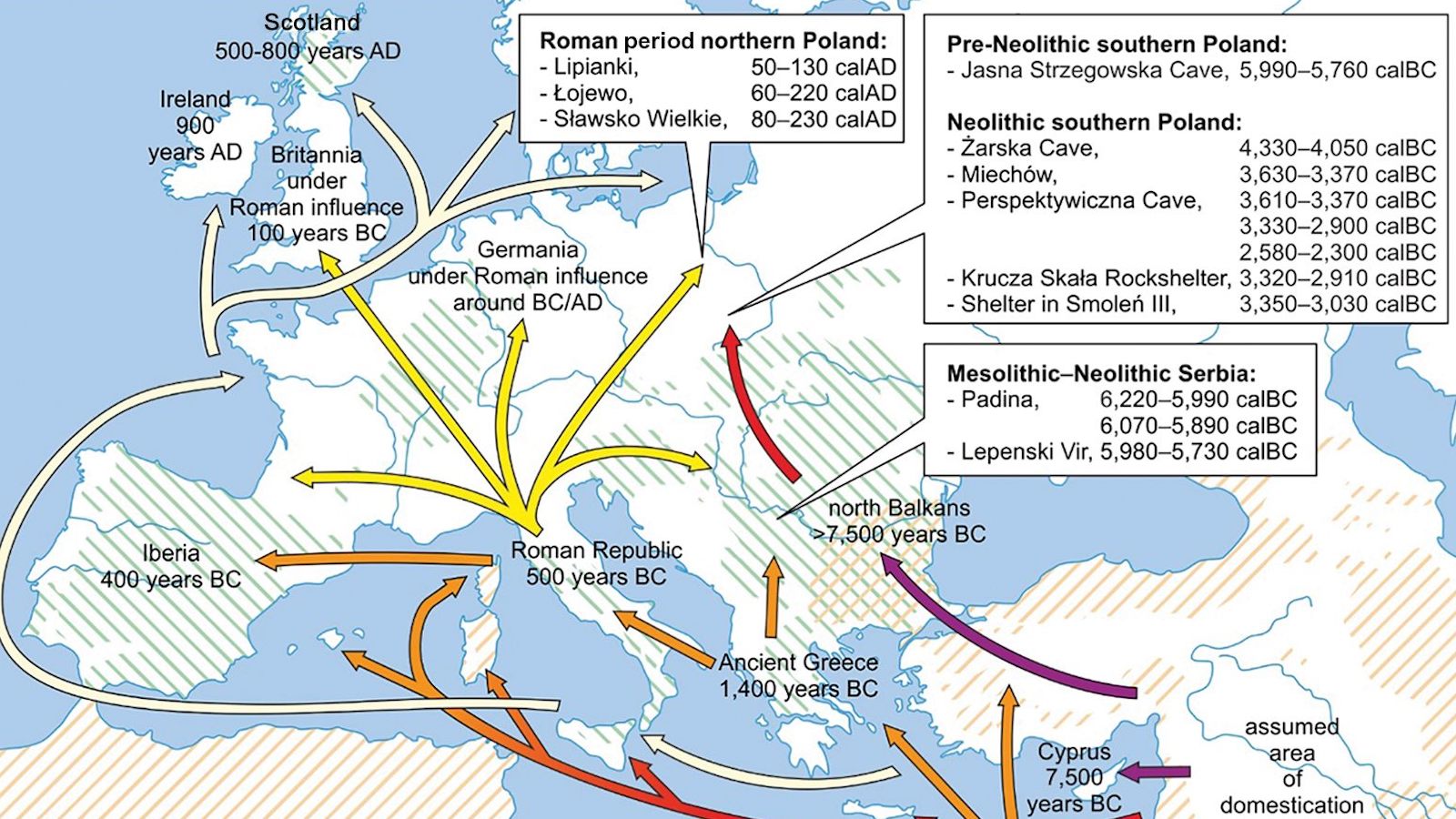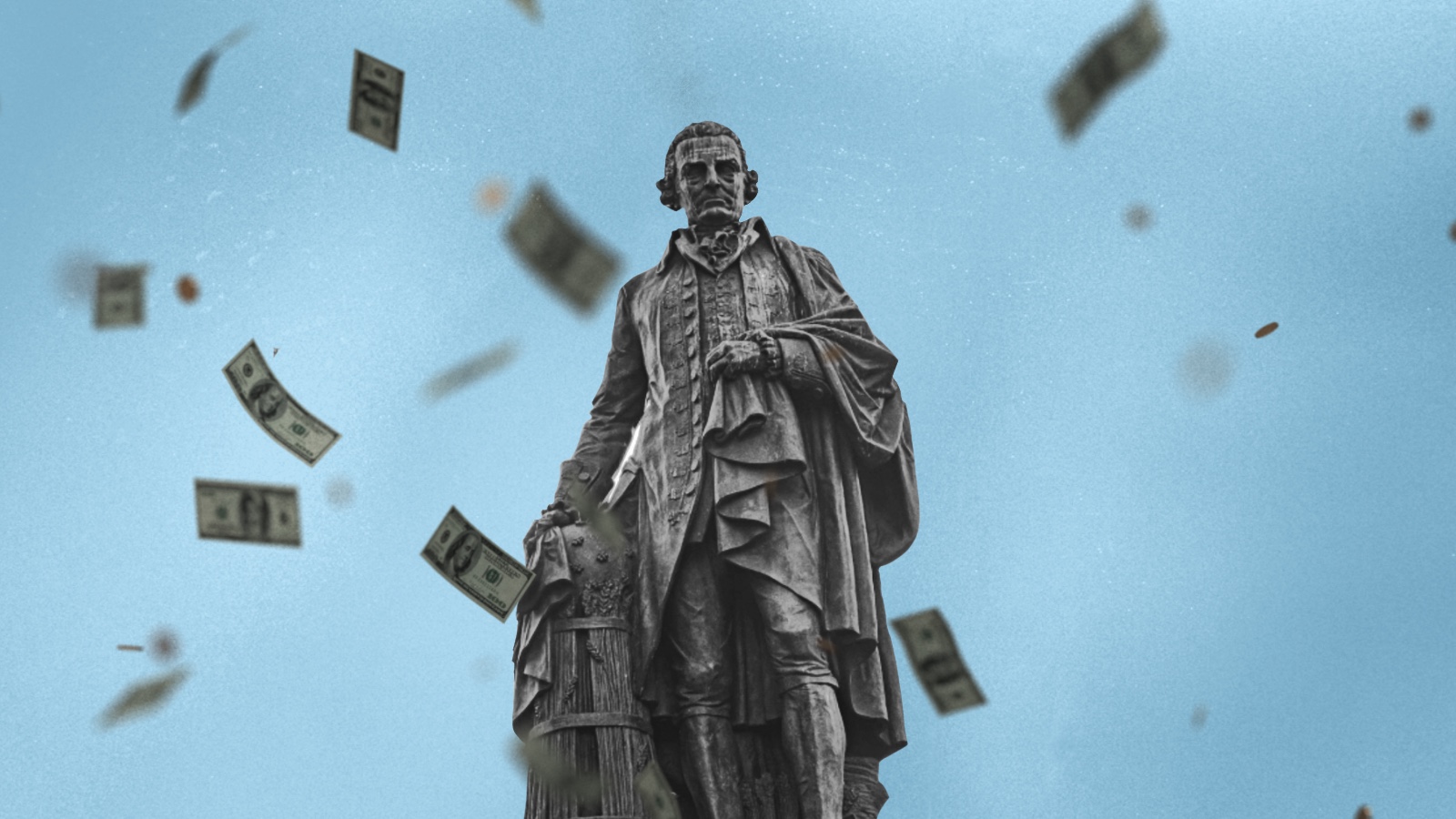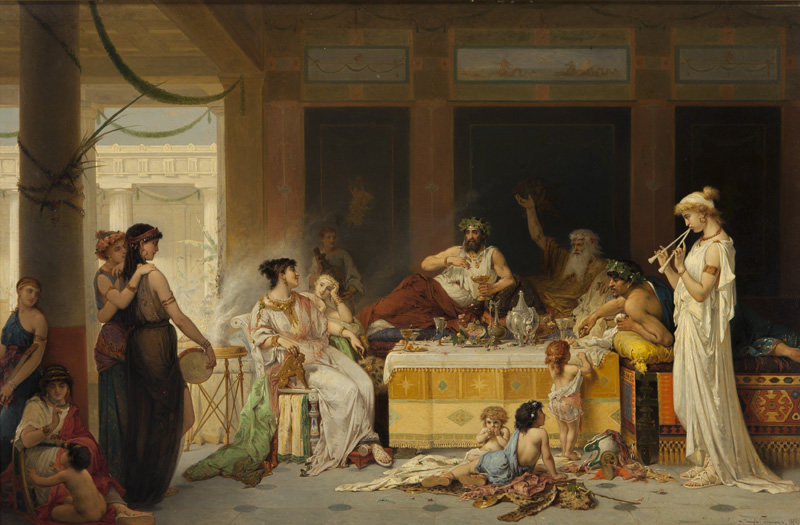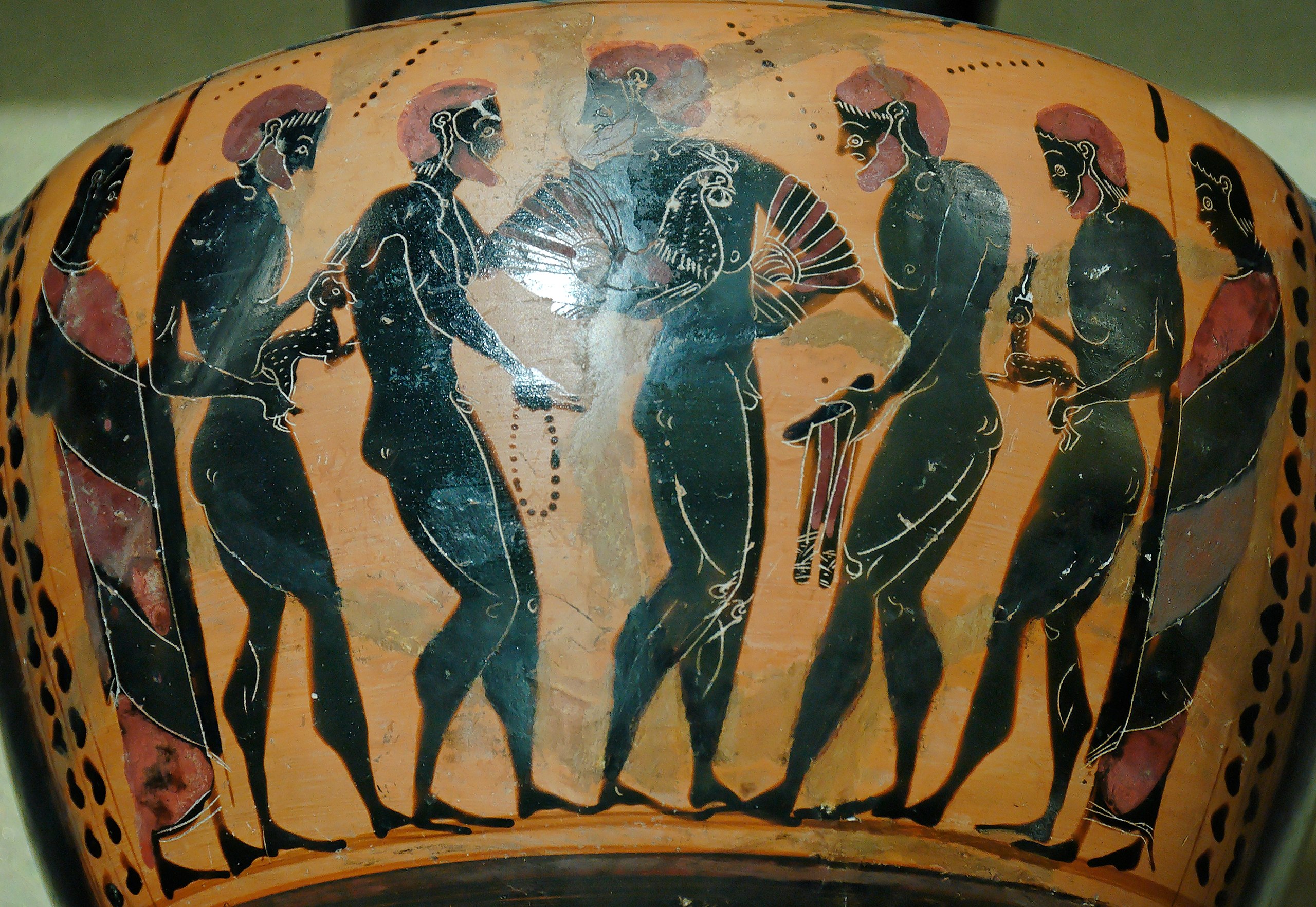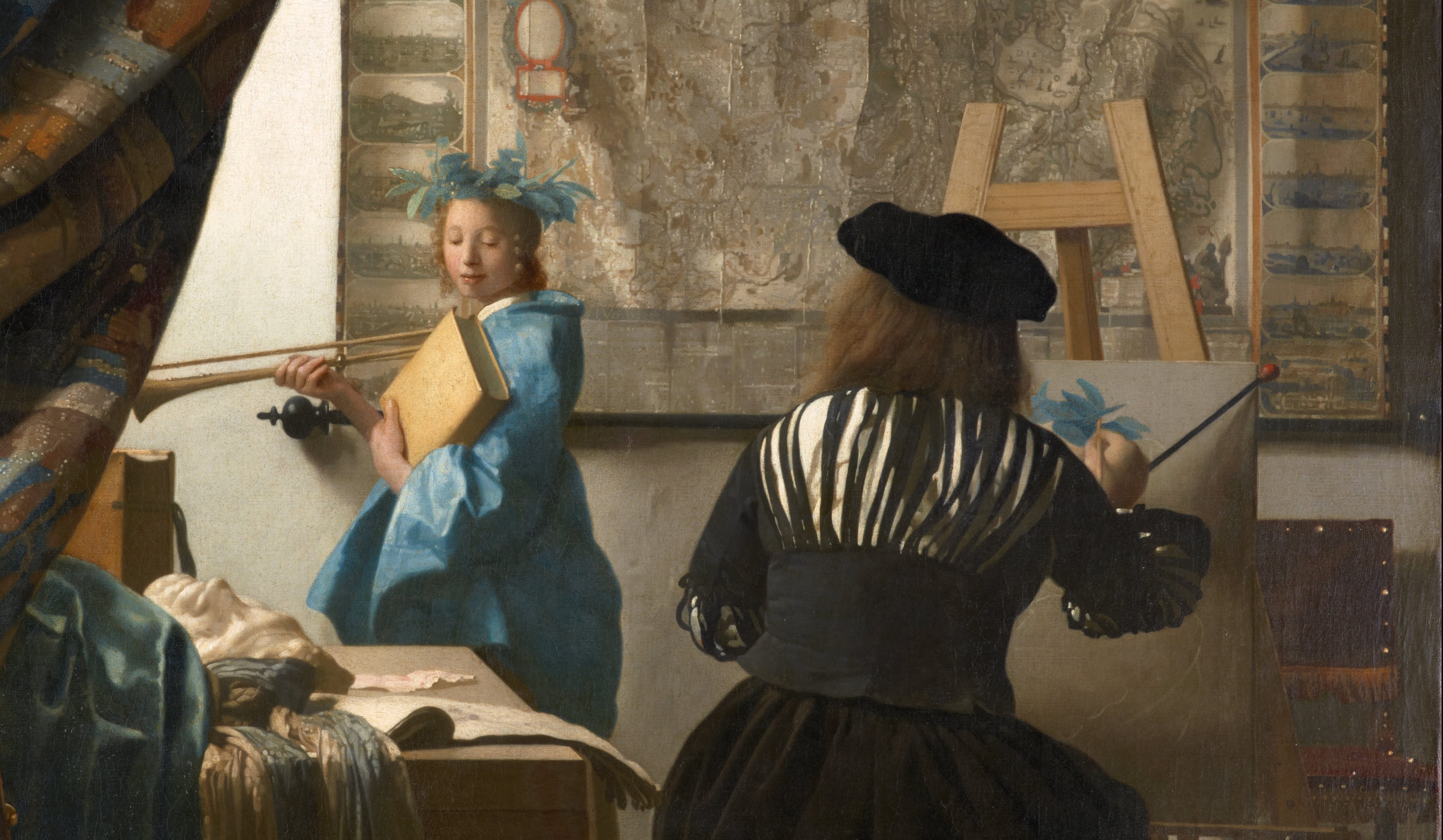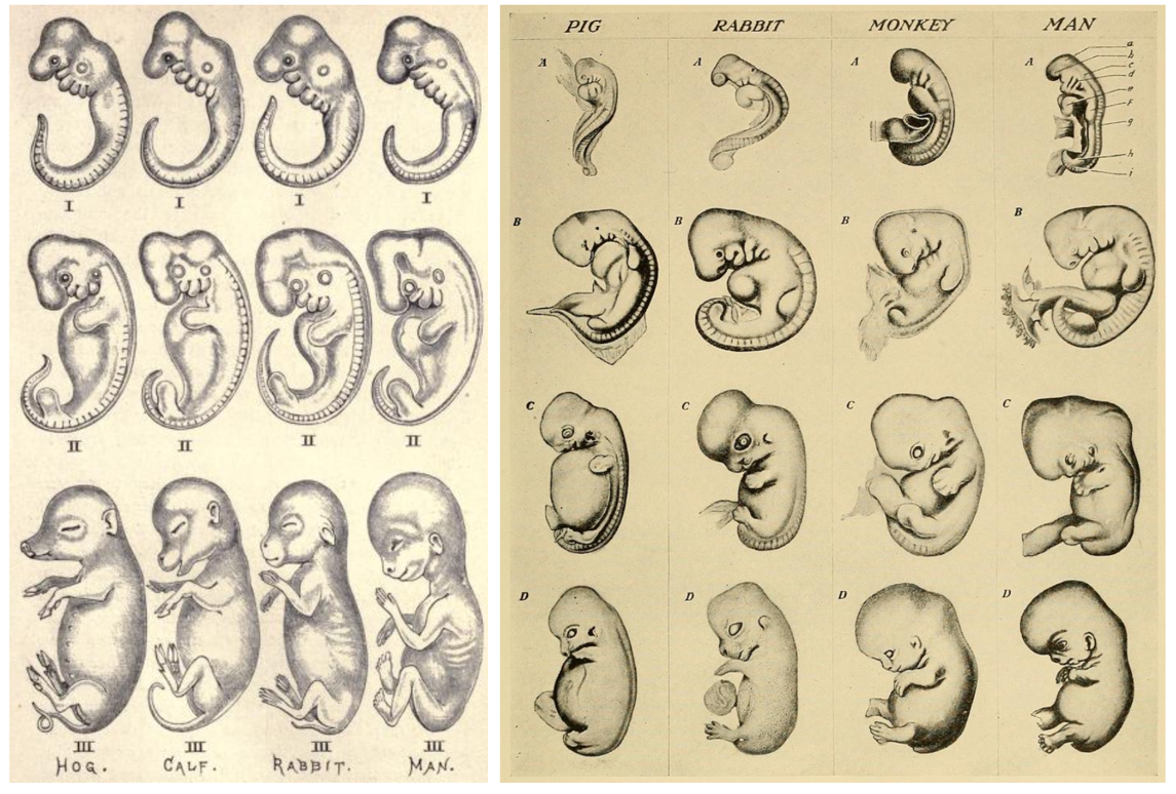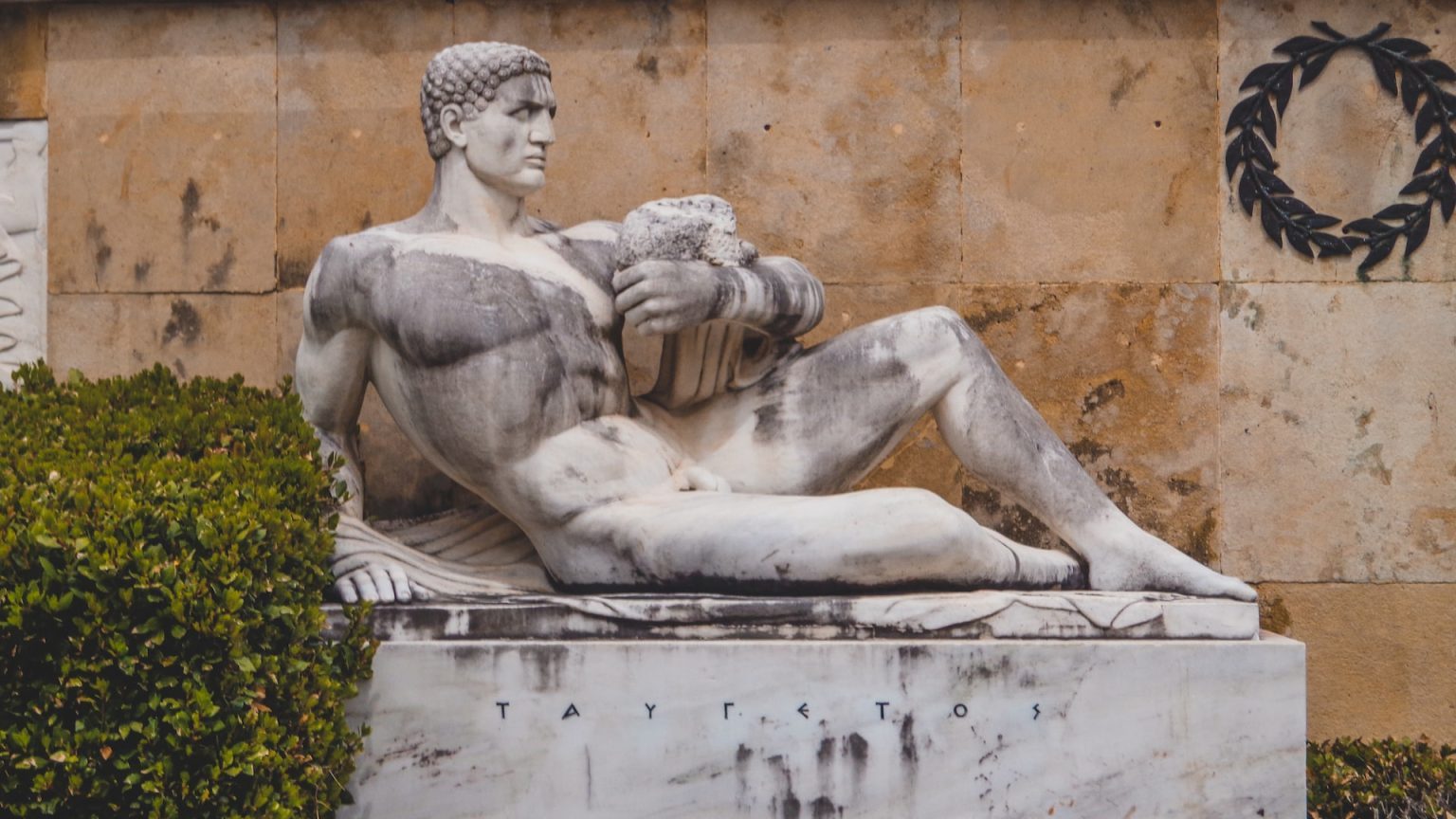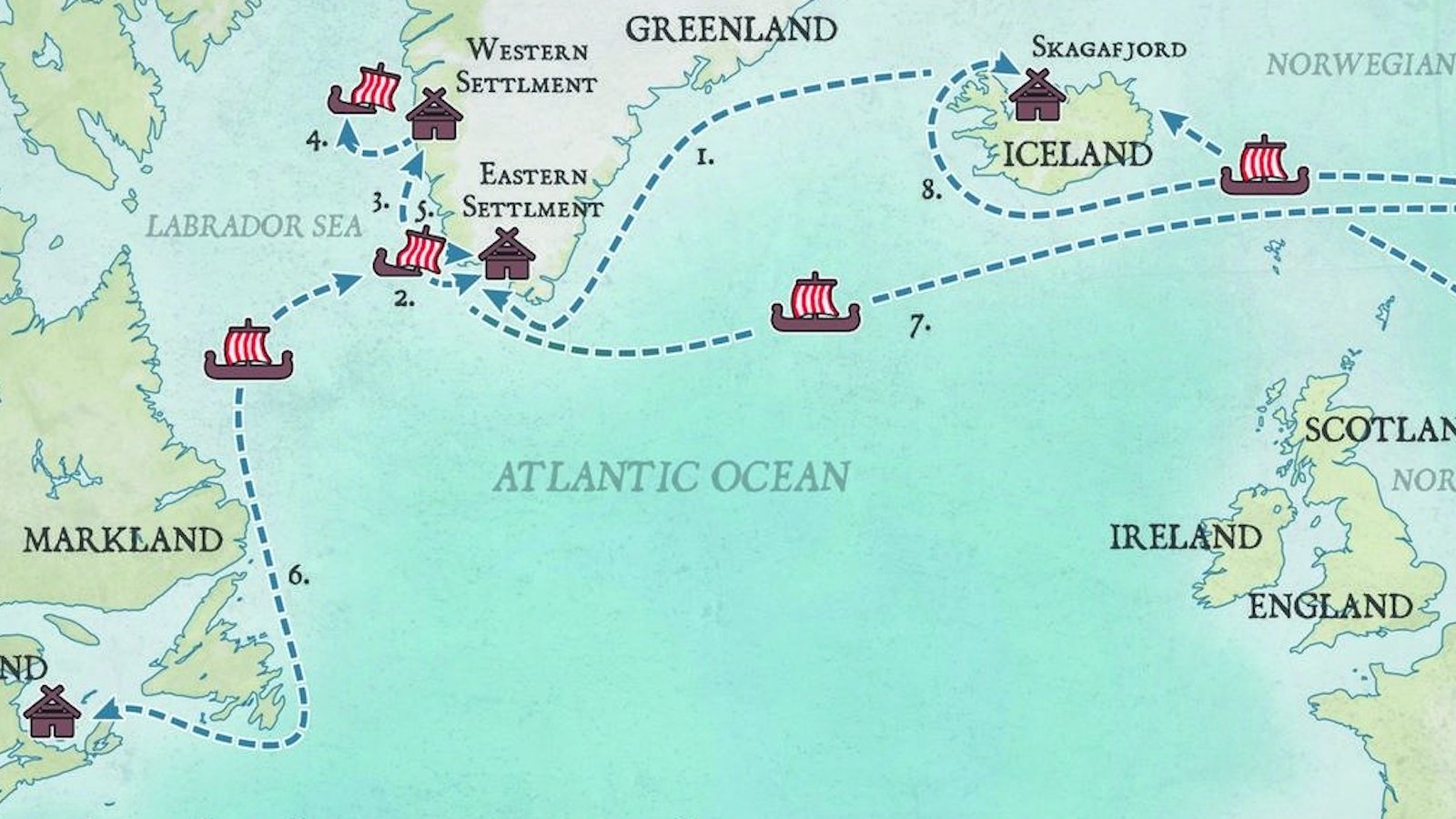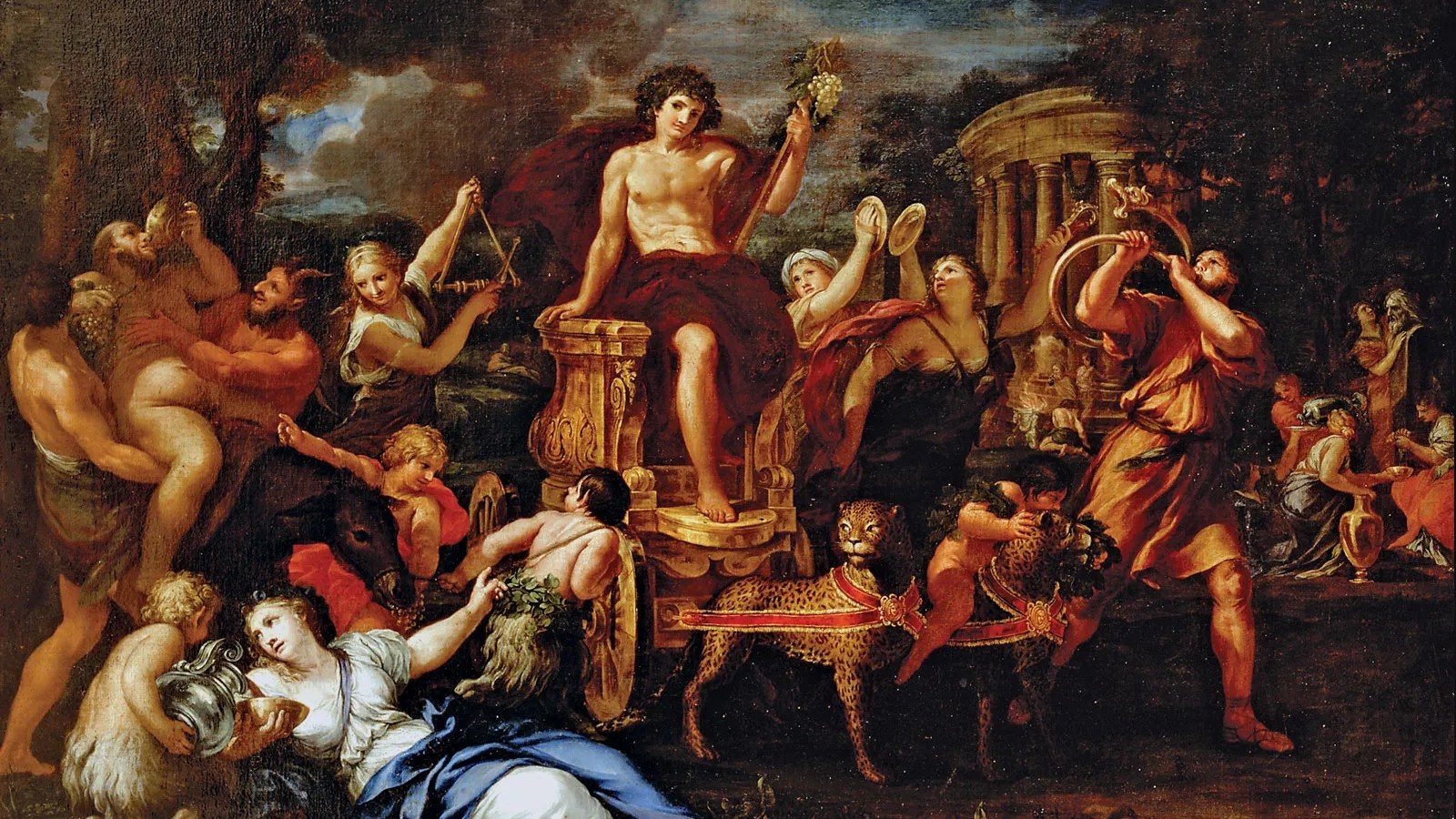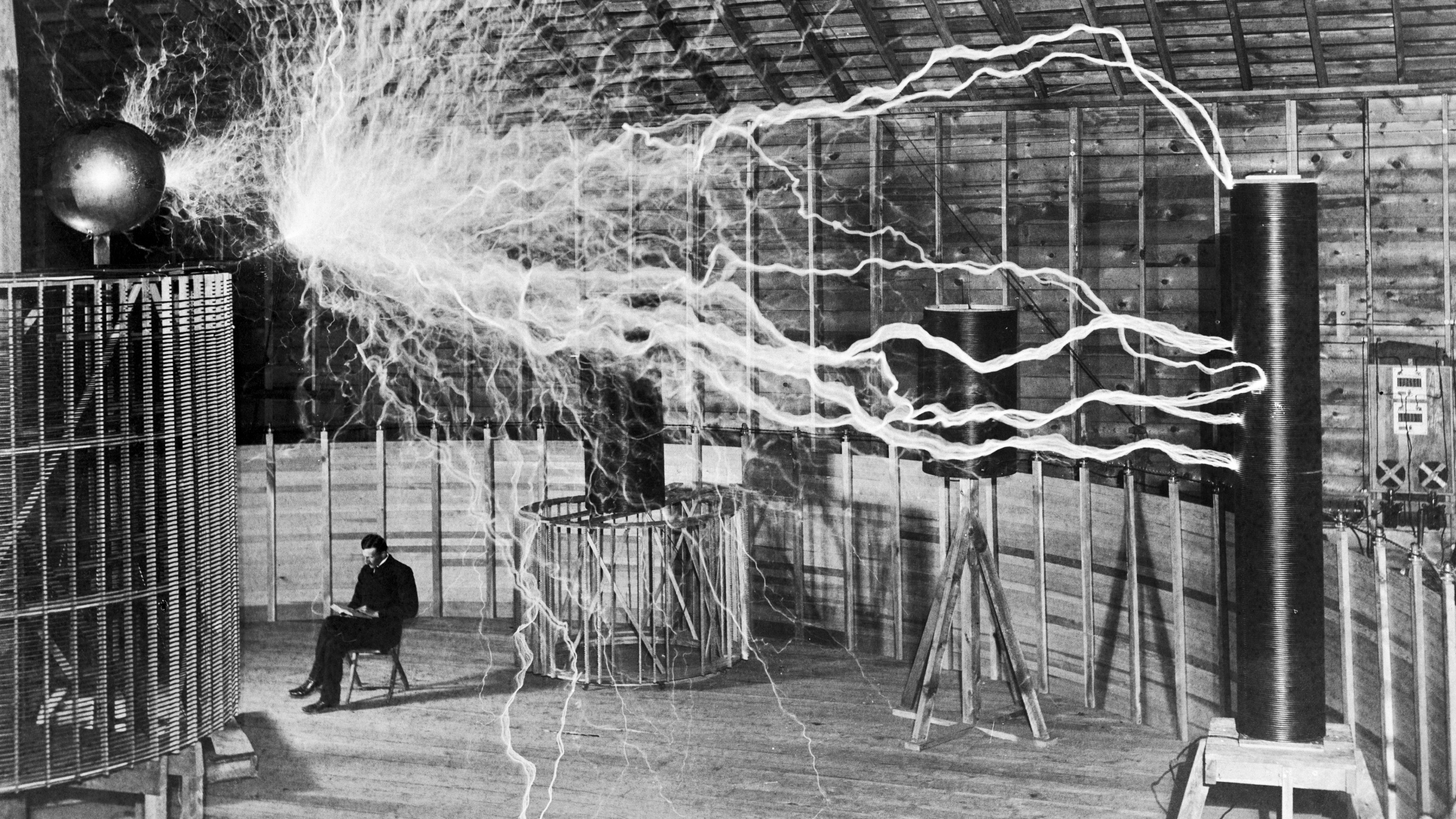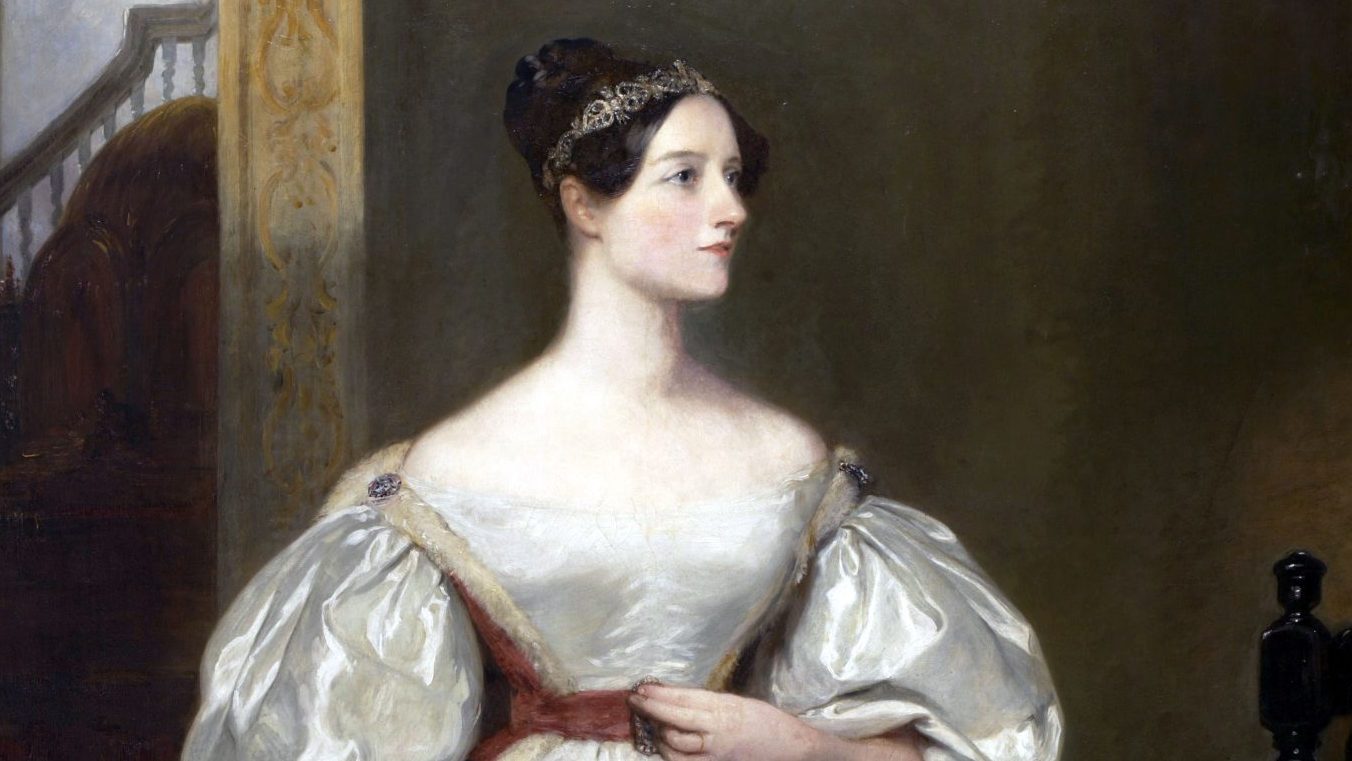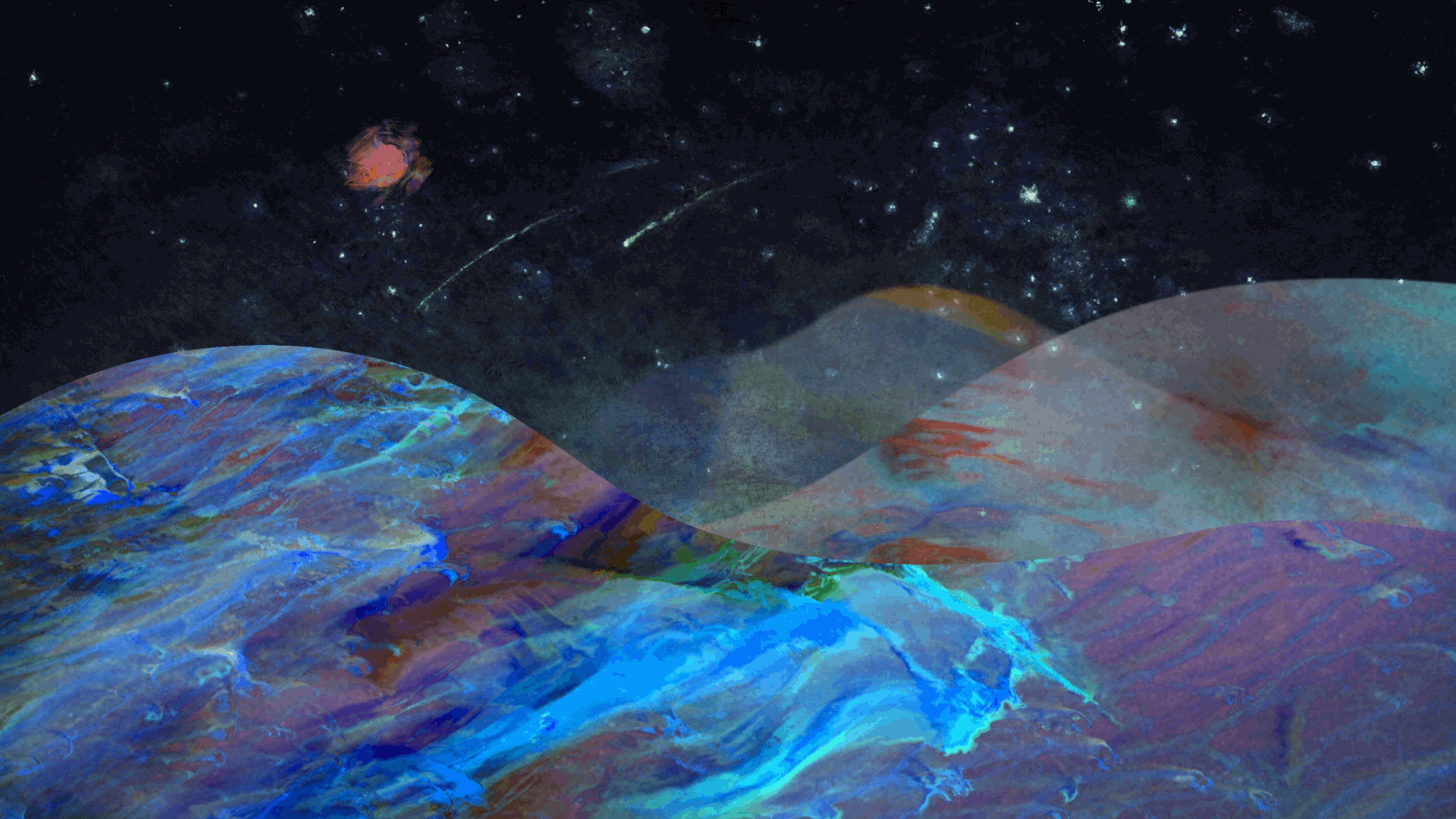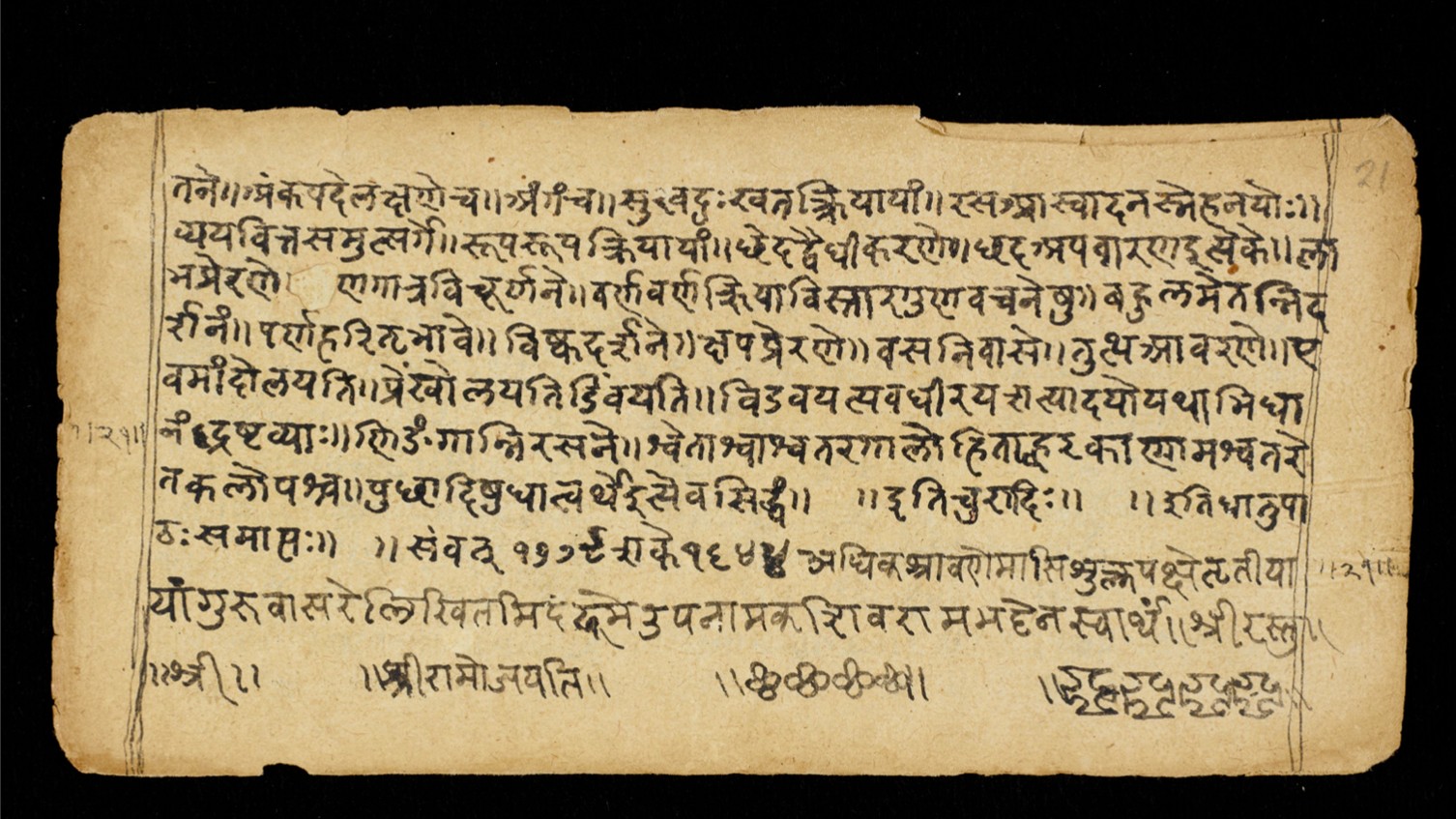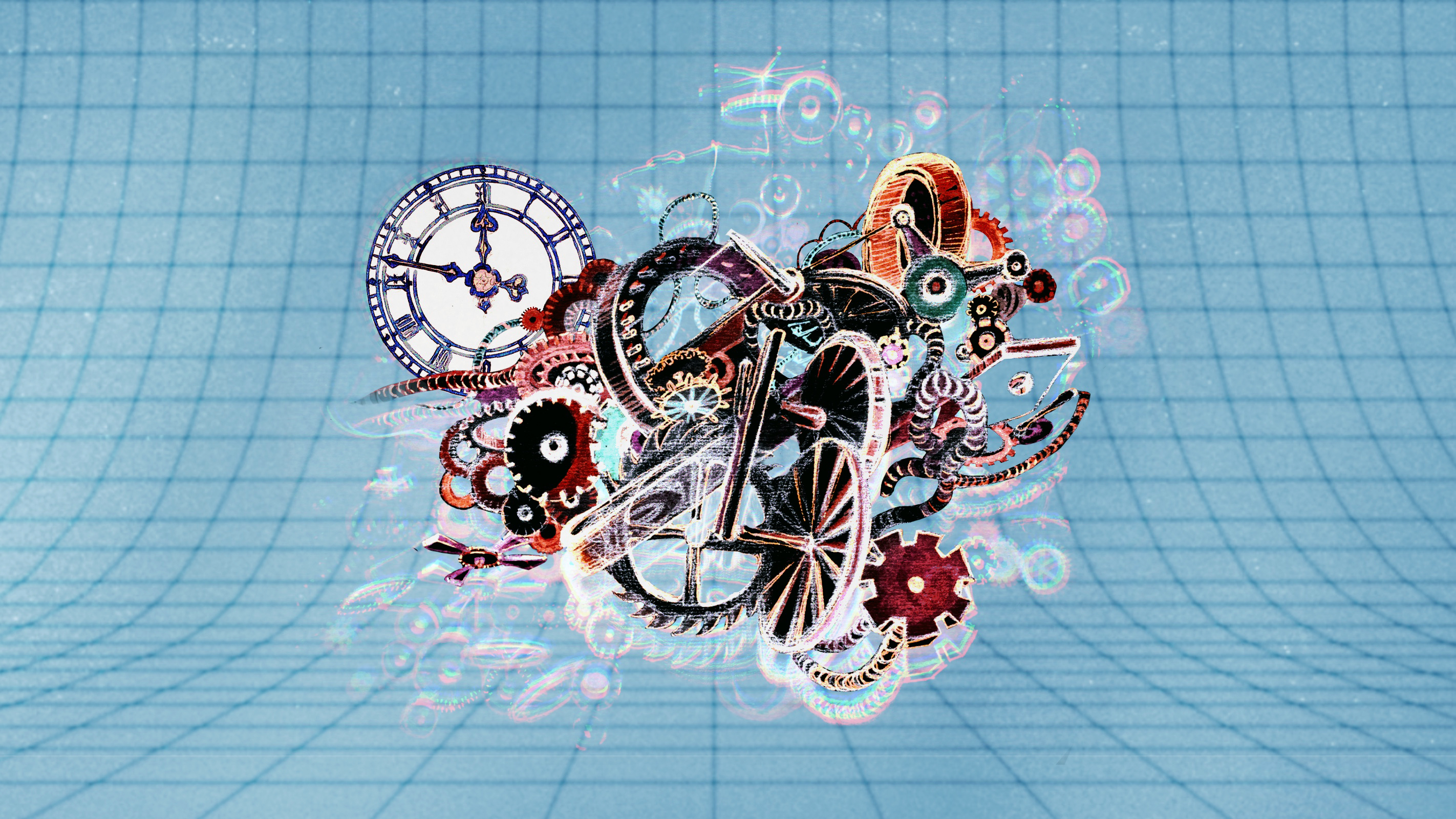history
What we’ve learning from the world’s coldest, most forbidding, and most peaceful continent.
Created in the 1880s, “Ivan the Terrible and His Son Ivan,” which depicts a father murdering his son, divides Russians to this day.
Some objects were softer than others.
Has the “age of psychopharmacology” shrunk society’s sense of responsibility for mental health?
Ancient bones reveal that domesticated felines were at home in Pre-Neolithic Poland around 8,000 years ago.
Despite being called the “dismal science,” economics impacts our lives every day. Here, we look at seven of the greatest economists in history.
A disturbing interview given by a KGB defector in 1984 describes America of today and outlines four stages of mass brainwashing used by the KGB.
Studying the display of personal wealth across time can help us better understand the history of socioeconomic inequality.
In many city-states, it was perfectly acceptable for older men to have sexual relationships with young boys.
An unexpected ancient manufacturing strategy may hold the key to designing concrete that lasts for millennia.
Wealth concentration among elites was common in ancient nations, but the scale on which it took place in Egypt’s 18th Dynasty was unprecedented.
Without Étienne-Joseph-Théophile Thoré, the genius of the Dutch painter Johannes Vermeer would have been lost to time.
He was also a eugenicist — but at least he could draw pretty pictures.
The Athenian rich paid their taxes because they craved the social success of being perceived as “useful.”
The amazing life of “Gudrid the Far-Traveled” was unjustly overshadowed by her in-laws, Erik the Red and Leif Erikson.
To the Greek philosopher, all of our actions ultimately aim at our own pleasure.
The shift from steam to electricity was inevitable — but some foresaw it earlier than others.
Of the world’s 300 honey varieties, none is stranger and more dangerous than mad honey.
Seneca thought the use of ice was a “true fever of the most malignant kind.”
We might be dining on insect-based Christmas pies with robot-harvested algae on the side.
These were the stories you clicked on the most.
“The Da Vinci Code” popularized the idea that Christians stole much of their theology. It’s wrong, especially regarding Christmas.
Ada Lovelace’s skills with language, music, and needlepoint all contributed to her pioneering work in computing.
Despite their brief history, computers and AI have fundamentally changed what we see, what we know, and what we do.
A Cambridge Ph.D. student has solved a grammatical problem that has befuddled Sanskrit scholars since the 5th century BC.
The most important events in history have nothing to do with politics or wars.
The popular game has a backstory rife with segregation, inequality, intellectual theft, and outlandish political theories.
Some of the weirdest characters in Greek mythology were Athenian kings.
Light carries with it the secrets of reality in ways we cannot completely understand.




